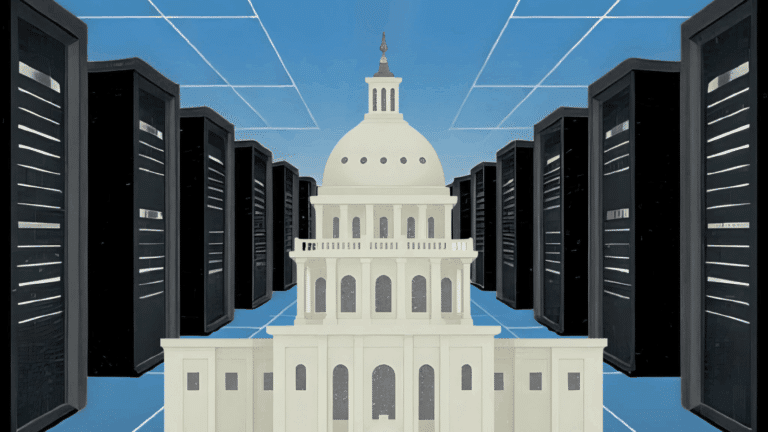Former chairwoman of Citgo Petroleum on Venezuelan oil
Luisa Palacios, the former chairwoman of Citgo Petroleum, discussed what guarantees oil companies need before making big investments.
Current Access Level “I” – ID Only: CUID holders, alumni, and approved guests only
Past Event
October 30, 2023
12:00 pm - 1:00 pm edt

This roundtable is open only to currently enrolled Columbia University students.
The energy transition will require a significant amount of investments in advanced economies, emerging markets, and developing countries. The International Energy Agency estimates US$4.5 trillion in annual investment will be needed for the transition to net zero. More than half of these investments will need to go to emerging markets and developing economies (EMDEs). Decarbonizing energy systems and their end uses is a highly capital-intensive and complex endeavor and part of this process also entails investing in the retrofitting and retirement of assets.
Join the Center on Global Energy Policy at Columbia University’s School of International and Public Affairs for a student-only lunch and discussion with Neil R. Brown, Managing Director, KKR Global Institute and KKR Infrastructure, on the challenges and opportunities of investing in the energy transition in emerging markets. The event will be moderated by Dr. Luisa Palacios, Senior Research Scholar at the Center on Global Energy Policy at Columbia SIPA.
Lunch will be provided.
Biography
Neil R. Brown is Managing Director at KKR Global Institute and on the Infrastructure team. Mr. Brown works at the intersection of finance and geopolitics to navigate global trends and risk and invest in new markets globally. He is most active in infrastructure, energy, and climate. Mr. Brown has been involved with KKR’s investments on five continents, including co-leading KKR’s first investments in several countries. He sits on the Boards of ADNOC Oil Pipelines, MetroNet, Contour Global, Albioma, and ON*Net Fibra Chile and Colombia, and has been involved with Sempra Infrastructure Partners, Marverde Infraestructura (Pemex Midstream), and United Group (SBB/Telemach), amongst others. Mr. Brown is also a Senior Fellow at the Atlantic Council of the United States, specializing in energy and foreign policy.
Prior to joining KKR, Mr. Brown served for over eight years as a senior staff member of the U.S. Senate Foreign Relations Committee, working with the late Senator Richard G. Lugar. In that capacity, Neil led legislative efforts and oversight on global energy security and governance, environment, and domestic energy, and he worked on countering weapons of mass destruction. He has also served as a senior advisor at Goldwyn Global Strategies, on the U.S. Extractive Industry Transparency Initiative advisory committee for the U.S. Secretary of Interior, and as a senior fellow at the German Marshall Fund of the United States. He previously undertook refugee and development work while living in Nepal, Namibia, and Egypt.
Mr. Brown currently serves on the non-profit boards of The Lugar Center, Merton College Charitable Corporation, Association of American Rhodes Scholars, and Columbia University Energy Journalism Initiative. Mr. Brown is an honors graduate of Harvard University and received graduate MSc and MPhil degrees from Oxford University, which he attended as a Rhodes Scholar.
—
Registration is required. This roundtable is open only to currently enrolled Columbia University students. To register, you must sign in with your UNI.
This event will be hosted in person and capacity is limited. We ask that you register only if you can attend this event in its entirety.
For more information about the event, please contact [email protected].
On January 1, 2026, the European Union's highly-anticipated Carbon Border Adjustment Mechanism (CBAM) will take effect. Introduced in 2023, CBAM will require the importers of certain carbon-intensive goods...

The Columbia Global Energy Summit 2026 is an annual event dedicated to thought-provoking discussions around the critical energy and climate challenges facing the global community.

Center on Global Energy Policy (CGEP) at Columbia SIPA, the Columbia Global Center in Rio, and Insper are proud to host a high-level discussion on the future of...

On October 22, the United States Department of the Treasury announced the imposition of sanctions on Russia’s two largest oil companies, Rosneft and Lukoil, as a penalty for what it characterized as a lack of Russian commitment to ending the war in Ukraine.

From the east to west and north to south, in red states and blue states, attention to data centers is skyrocketing in state capitals across the United States.

Libya's bid round for new oil and gas exploration and production highlights its potential revival as a major oil producer.

Economic, political, and fiscal realities have shifted energy policy priorities across the globe toward the goals of affordability and competitiveness.
